Growing up Gay in Russia: An Interview with the Anglo-American School of Moscow Equality Club
Illustration drawn by Elyse K. in Grade 12 summarizing what it feels like to experience homophobia in Russia.
Growing up part of the LGBTQ+ community in Russia is not easy. Every single day, queer people in Russia fear for their lives as they might get hurt for choosing to be true to themselves. As a result, many never come out, and choose instead to be with or marry someone they don’t truly love in order to stay safe. I grew up in Russia and have witnessed many instances of homophobia throughout the years. Facing this pressure from the government and the opinions of many people in the Russian Orthodox church made me fear for members of the community. It is important for people to learn about Russia’s history with LGBTQ+ rights and the laws put in place to silence the community. To learn more about this topic, I contacted the Anglo-American School of Moscow, an international school in the capital of Russia. It has an equality club and is a safe space for people of different genders and sexualities to be able to share their experiences and raise awareness about different issues concerning human rights. An interview was conducted with some of the members who are currently living through this new ban on gay propoganda. I hope that with writing this article, I am able to bring light to this topic that people often find uncomfortable to talk about.
Russia has had quite an interesting history regarding the treatment of LGBTQ+ people over the years. Homosexual acts were treated as a sin by the Orthodox Church, but there were no legal sanctions against them at the time, and even churchmen seemed perturbed by homosexuality only in the monasteries. Foreign visitors to Muscovite Russia in the 16th and 17th centuries repeatedly express their amazement at the open displays of homosexual affection among men of every class.
The sexual liberation that accompanied the Revolution was short-lived. The egalitarian and pro-women policies that had liberalized divorce and marriage laws and promoted abortion gave way by the early 1930s to Stalinist pro-family policies. It was in this context that the Soviet Union recriminalized homosexuality in a decree signed in late 1933. Maxim Gorky suggests it was also a context in which homosexuality was connected with Nazism at a time when German-Soviet relations were strained; Gorky writes, “eradicate homosexuals and fascism will disappear.” The Nazis then criminalized homosexuality only a year later.
The new Article 121, which punished sodomy with imprisonment for up to 5 years, was followed by raids and arrests at the height of the Stalinist terror. The numbers of men arrested are not known, but by the 1980s there were about 1000 every year. The Soviet Union had the largest population of incarcerated men in the world, and given the importance of prison culture for Soviet culture as a whole, it is likely that prison homosexuality played a part in forming Soviet gay culture. In Soviet prisons there was a class of men called opushchennye (degraded) who were required to fulfill the sexual needs of the rest. On the one hand, they were at the lowest rung of the social ladder, but they were sometimes protected by their lovers. Not only men charged with Article 121 were degraded: any prisoner could be degraded by ritualized rape — for losing at cards, over an insult, or even because of his beauty.
The collapse of the Soviet Union that soon followed the failed coup only accelerated the progress of the gay movement. Occasional gay discos were held, more gay publications appeared, gay plays were staged. In 1993 a new Russian Criminal Code was signed — without Article 121. Men who had been imprisoned under the article began to be released. Gay life in Russia today is in the process of normalization. Post-USSR Russia has brought the first gay businesses–bars, discos, saunas, even a travel agency. While life in the provinces remains hard for gay men, Russian gays in the cities are beginning to create a community.
The LGBTQ+ movement in Russia was on the rise in the middle of 2000s. At that time LGBTQ+ activists founded key organisations and launched several initiatives for defending their rights, awareness-building of diseases that affected the community like HIV and researching public opinion. The first gay pride was held in part by GayRussia, an organization, in 2006 and since then it attempted to hold gay prides every year. However, every event was accompanied by counteractions from neo-Nazi movements and ultra-religious groups.
In August of 2010 the Levada Center registered a decrease in tolerance of LGBTQ+ community in Russian society. At the same time in December of 2011 a group of LGBTQ+ activists took part in a rally ‘For Fair Elections’ which united 120 000 people in Moscow. The column with rainbow flags and anti-homophobia picket signs had become a newsmaker: all Russian federal mass media wrote about it.
In June of 2013 a bill on responsibility for ‘propaganda of homosexuality among minors’ had been adopted. This bill deemed all parades, support groups and education about LGBTQ+ rights unsuitable for children. It presumes responsibility for ‘propaganda’ in the form of a fine (up to one million of roubles, roughly 11.120 euros), suspension of activity of juridical persons for the term until 90 days, and arrest of foreigners or stateless persons for the term till 15 days with their further expulsion from Russia.
Along with censoring gay propaganda, Russia has also, over the years, censored the sexualities of various famous Russians. Composer Pyotr Tchaikovsky’s music has glorified Russia forever, but Russia failed to glorify his true self as a gay man. The composer referred to his closeted sexuality in letters and diaries by the letter “Z”. “I am positively exhausted not just by the Z but by its merely being in me,” he wrote to his brother Modest. But there were also letters that sound far less sorrowful or reserved, for example, “Just imagine! I even made a trip to Bulatov’s village, whose house is nothing but a pederastic brothel. And I didn’t just go there, but also fell head over heels in love with his coachman!” This is just one example of Russia trying to censor a person’s identity.
This leads us into the present day, where every day members of the community have to hide their true feelings from a very young age in order to be socially acceptable. The Anglo-American School of Moscow is an international school that also does the International Baccalaureate program, like FIS. What makes them different from many other schools is how open and comfortable students are with their gender and sexuality within the school community, despite the widespread disapproval in the country. The school has since formed an equality club, a club about human rights and how they can be protected and respected. The members consist of people who are part of the LGBTQ+ community and allies to the community.
I asked some of the members of the club a series of questions about their own personal experience growing up in Russia as a member of the community and how they think people living in other countries can better support Russian members of the community.
When was the first time you ever witnessed homophobia in Russia?
Person 1: I can’t remember the first time, but personally I’ve been told that I probably came out “because it was a phase.” I’ve also been called the F-slur before.
Person 2: I first witnessed homophobia in Russia when I came to Moscow in the eight grade, it was in a public mall and two girls that were in a relationship were walking around holding hands, when an older woman came up to them and was telling them in a raised voice about how she believes that same sex realationships are wrong. As well as that, I witness homophobia in school, mostly by some Russian students using the F-slur toward people in the LGBTQ+ community.
Person 3: My family negatively reacting to LGBTQ+ rights activists on the Russian news (before the censorship laws were passed)
Have people treated you differently because you were not heterosexual?
Person 1: With most people, it isn’t really an issue I face, which I definitely don’t take for granted. I try to stay away from the people that treat me differently/worse than other people because of my identity.
Person 2: I am bisexual and I became open about it in eight grade, when I would interact with certain people they would back away from me and look at me as if I am not human. Some would just go ahead and state their opinion, saying that it is wrong to be the way I am, and after that would tend to avoid any types of interactions with me.
Person 3: Yes. After coming out at 15, I noticed that a lot of my peers (specifically boys) started to purposefully leave me out of the conversations and I started hearing the F-slur being passed around a lot more
Do your parents know and support your sexuality? If not, why?
Person 1: Yeah, they do know and have known since 2018
Person 2: My parents do not know about my sexuality, due to the fact that they come from a conservative family and believe that it is not right for people to love whoever they want. I know this because I have brought up the topic of the LGBTQ+ community and they would respond by saying that people are “sick” and that it is not okay to be in a relationship with the person of the same sex. I did not come out to my family yet, because I know that they would not approve and would treat me differently. However, I am open about it with my friends and they are very supportive of who I am.
Person 3: Yes they do, and they don’t support me. I came out to them at the age of 16 and our relationship has not been the best ever since. Particularly with my dad, who reminds me of how “disgusting” the LGBTQ+ community is in his opinion, at every opportunity he gets
Do you follow along with the news on Russia’s conflict with the LGBTQ+ community?
Person 1: A bit, but I do admit that I probably should listen in more, as these conflicts affect me and some of my friends.
Person 2: I do follow along the news on Russia’s conflict with the LGBTQ+. I first started following along when I first moved to Moscow to get an idea of what people think about it. As well as that, I watch some public interviews, in which a woman asks complete strangers, whether or not they support the LGBTQ+, and to my surprise I saw some older people say that they are accepting of it. But to the most, when looking at Russia’s view on people in the LGBTQ+, they are very disapproving of it (mostly the older generation).
Person 3: Yes I do, as a Russian citizen I want to know what rights I still have in this country. It’s really sad to see them taken away more and more every year.
What made you join the equality club?
Person 1: I noticed that there was a lot of people in out school that were ignorant about LGBTQ+, sexism and overall discrimination and the ways it can take form in a school environment, especially the use of slurs.
Person 2: I joined the equality club to educate myself more on the LGBTQ+ community and wanted to help create a safe space for people, as well as for myself. It is one of the only places where I do not feel judged and that is why I enjoy it.
Person 3: Wanting to make a change and create an inclusive community for the LGBTQ+ community members and other minorities. Since we’re in Russia I want to be able to make even the smallest changes in terms of equality, cuz the country lacks it in many areas.
If there is anything you would like to tell to queer people not living in russia, what would it be?
Person 1: Don’t pity the LGBTQ+ people living in homophobic countries, help make a difference. Whether that’s supporting women’s homes in Russia or giving money to LGBTQ+ foundations, don’t just sit there feeling bad.
Person 2: What I have learned from living in Russia, is that if you are openly LGBTQ, then you are going to face problems, whether they are slurs from strangers or disapproval within your own community. Russia is by far, one of the most homophobic countries that I have lived in. As sad as it may seem, I have noticed that many people (mostly the teenage generation) have become more open about it, I see more of same-sex couples being open about their relationship in public and facing the world. This gives me hope for the future, that one day in Russia people will become more accepting
Person 3: Please take your time to acknowledge how lucky you are to have your rights. I’m really thankful for not being born in a country where homosexuality is punshible by death. However, I wish I was able to walk down the street, wearing whatever I want, and not feel threatened for my life. I wish I was able to kiss my partner in public without being judged or questioned. I wish there was even the slightest representation of people like me in the media.
Just remember your privilege and situation and be thankful that it’s not worse.
Russia’s ongoing conflict with the LGBTQ+ community is an important historical and political conversation. Doing this extensive research and asking questions to people who have first hand knowledge about how homophobic people in Russia can be, has made me reconsider everything I knew. Learning about these important moments in Russian gay history has made me a better ally to the LGBTQ+ community of my country. The interviews received from the students were truly shocking as I did not expect people in an international school, a safe space for LGBTQ+ people, to be so intolerant in what they say or do. Sharing this information with people is important, as it brings light to issues in countries like Russia that people are scared to talk about. You can help out people in situations like these by visiting the Russian LGBT Network and Welcome to Chechnya.

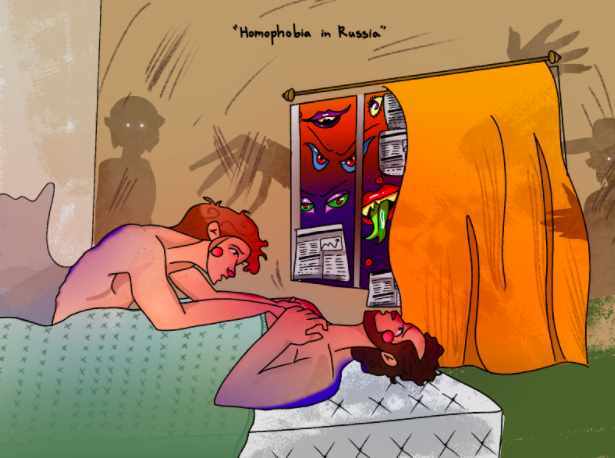
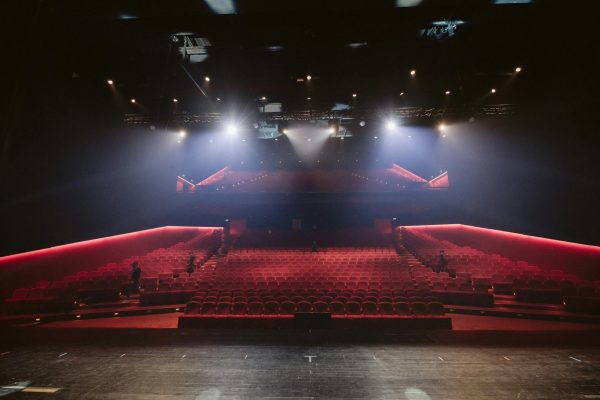
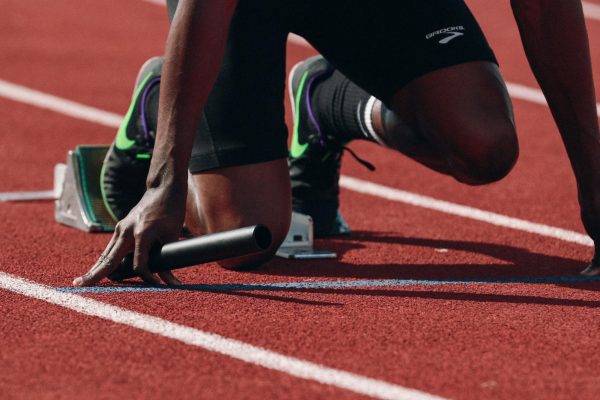
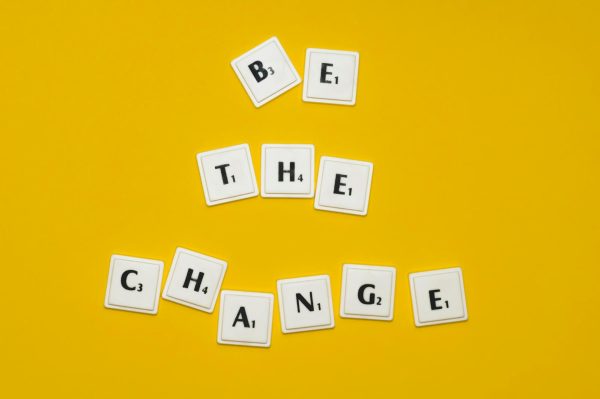


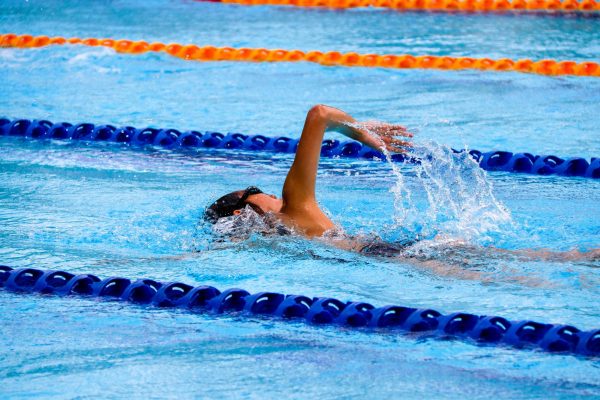
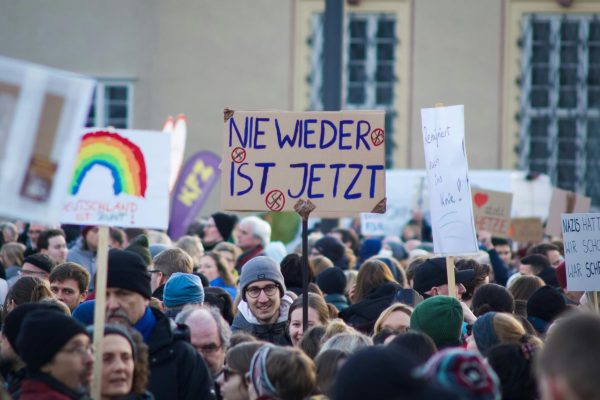
Habiba • Dec 17, 2020 at
I am so glad someone was able to write about such a delicate topic. I can’t believe that you had to witness this and it must have been frightening for many people that they were targeted only for who they are and who they love.
zoe • Dec 17, 2020 at
hello,
I’m half Russian but live in Germany I was just considering maybe you can interview Russian that live in different places
just a tip
Zoe